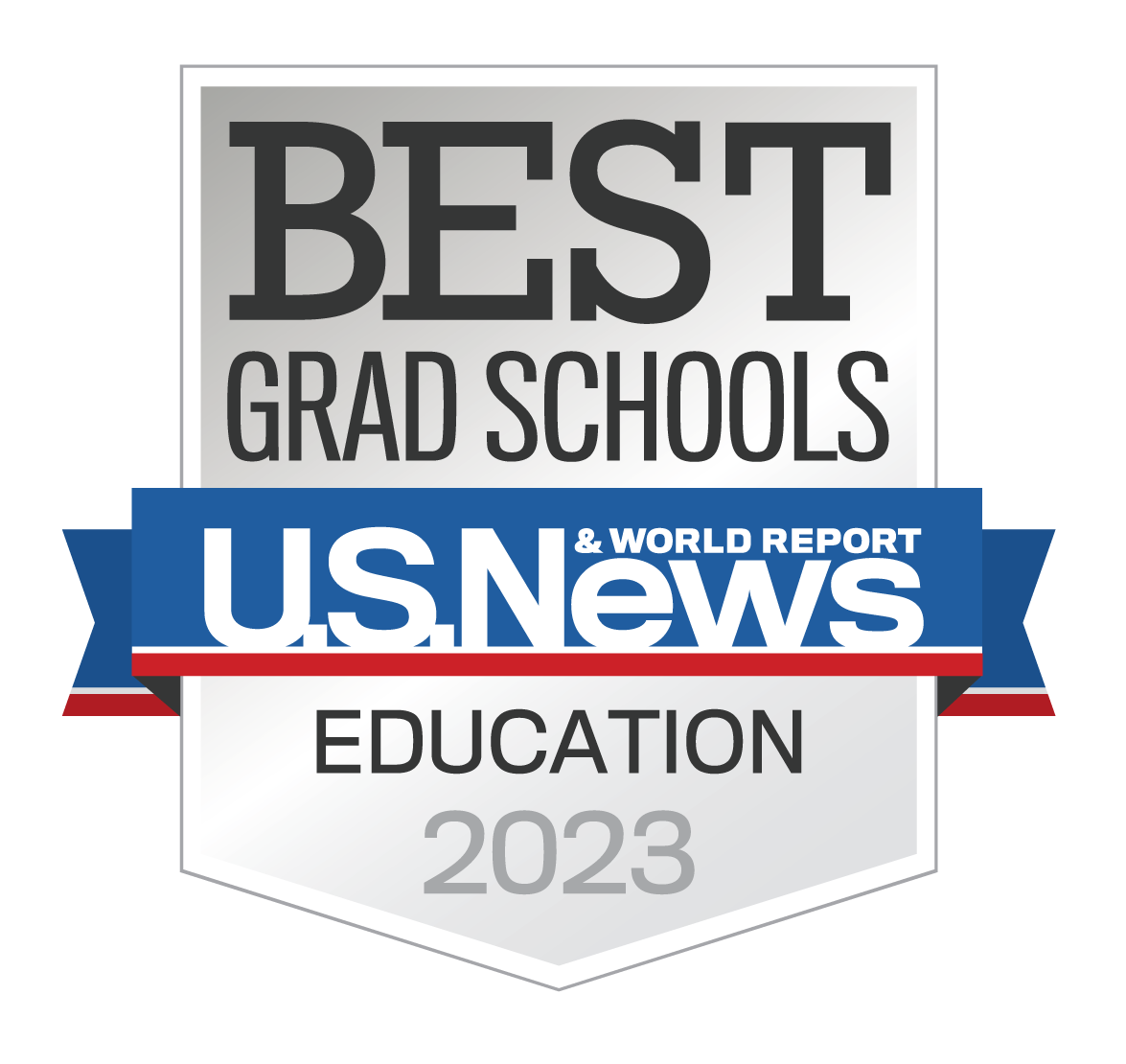The PhD in Education with a concentration in Higher Education/Student Affairs prepares forward-thinking educators who focus upon the important roles that institutions of higher education (IHEs) play to support our diverse communities.
 As a student in this program, you may aspire to be university faculty whose area of expertise and research centers on IHEs: their histories, structures, norms, governance, practices, policies and impact. You might also aspire to assume a leadership position at an IHE, such as a university president, dean of student affairs, chief equity or financial officer, vice-president of university communications or advancement, and the like. As a graduate of the program, you will understand how to utilize existing research and create new insights to address the most pressing questions facing IHEs today.
As a student in this program, you may aspire to be university faculty whose area of expertise and research centers on IHEs: their histories, structures, norms, governance, practices, policies and impact. You might also aspire to assume a leadership position at an IHE, such as a university president, dean of student affairs, chief equity or financial officer, vice-president of university communications or advancement, and the like. As a graduate of the program, you will understand how to utilize existing research and create new insights to address the most pressing questions facing IHEs today.
The School of Educational Studies understands education through a lens of educational equity and social justice. We believe that while colleges and universities are a microcosm of society itself (where biases and oppression can and do play out), they can also simultaneously be agents of change that disrupt historical discrimination and advance practices and ideologies rooted in individual and community wellbeing.
Program Highlights
- Courses are held at convenient times for working and commuting professionals. Most meet once a week at 4:00 or 7:00 p.m. Others are held on weekends.
- Join a well-established network of alumni from the School of Educational Studies. There are university leadership and faculty across the nation (and especially prevalent in California) who are ready to welcome you as kindred spirits and advocates of “the CGU Way.”
- Earn an Allies of Dreamers certificate as part of your PhD program. The first program of its kind nationally, Allies of Dreamers is a graduate‐level certificate program that provides the historical context, theoretical framework, and specific knowledge needed by K12 teachers and administrators, student affairs professionals in higher education, and community leaders to offer mentorship and advocacy for Dreamers and other undocumented students.
- Work with a faculty mentor who will help you navigate your way through graduate school in light of your specific aspirations and interests.
Program At-a-glance
-
72 units
required units
-
PhD in Education
degree awarded
-
Hybrid
modality
-
Spring, Summer, Fall
program start
-
4 years | full time*
estimated completion time
7 years | part time
estimated completion time











